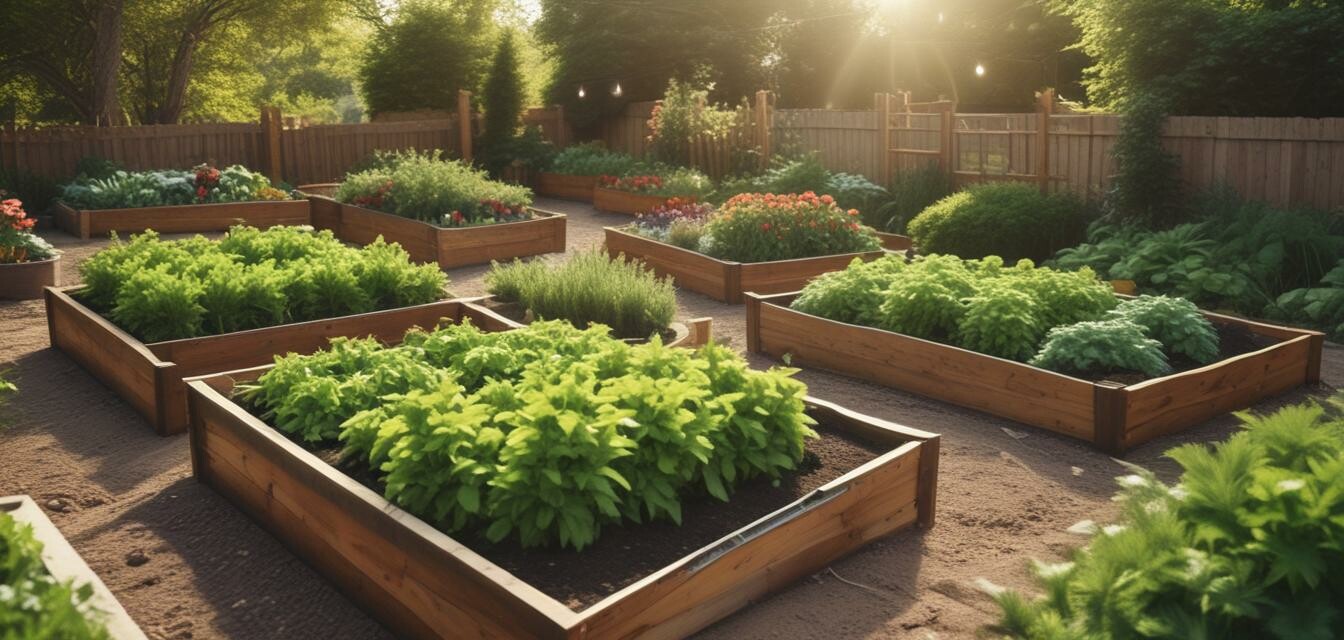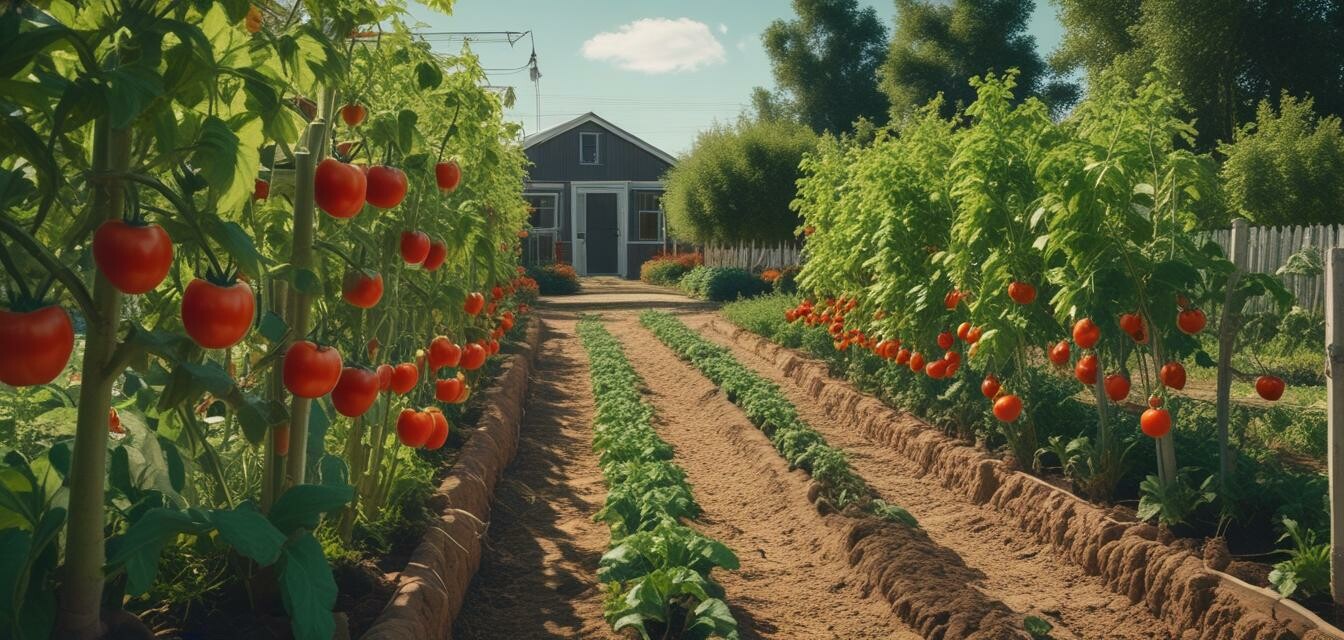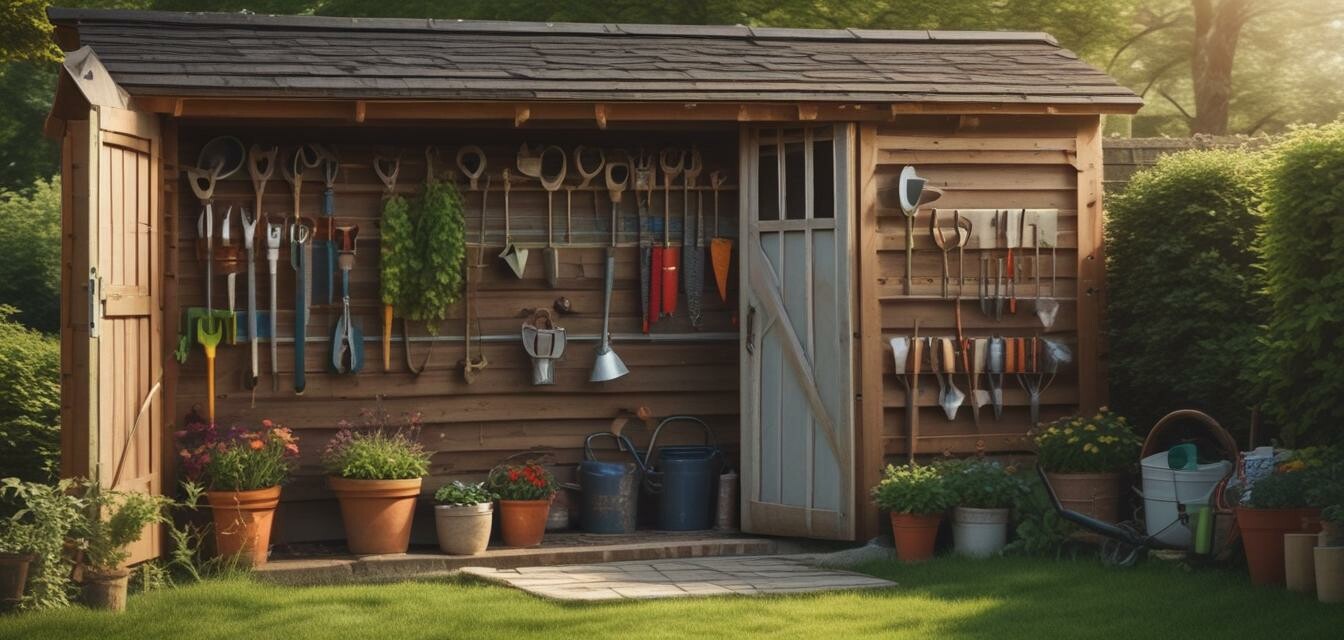
Organic Gardening
Key Takeaways
- Organic gardening emphasizes natural methods and sustainability.
- Using organic fertilizers can improve soil health and plant growth.
- Understanding pests and beneficial insects is crucial in organic gardening.
- Companion planting can enhance plant growth and deter pests.
- Soil health is the foundation of successful organic gardening.
Organic gardening is a method of growing plants that focuses on sustainability and natural practices. By avoiding synthetic chemicals, organic gardeners strive to create a healthy ecosystem that nurtures not only plants but also the environment. This article will guide you through the essential aspects of organic gardening, including techniques, benefits, and tips for successful cultivation.
What is Organic Gardening?
Organic gardening is the practice of growing plants without the use of synthetic fertilizers or pesticides. Instead, it relies on natural processes and materials to promote plant health and fertility.
Benefits of Organic Gardening
- Improved soil health
- Reduced exposure to chemicals
- Better taste and nutrition of produce
- Environmental sustainability
- Increased biodiversity
Essential Practices in Organic Gardening
1. Soil Health
Healthy soil is the foundation of organic gardening. Here are some ways to improve soil health:
- Adding organic matter such as compost
- Using cover crops to prevent erosion
- Practicing crop rotation to maintain nutrient levels
2. Organic Fertilizers
Organic fertilizers provide essential nutrients to plants without harmful side effects. Common types include:
| Type | Description |
|---|---|
| Compost | Decomposed organic matter rich in nutrients. |
| Manure | Animal waste that enriches soil. |
| Bone Meal | Ground animal bones, high in phosphorus. |
| Fish Emulsion | A liquid fertilizer made from fish waste. |
3. Pest Management
Understanding pests and beneficial insects is key to organic gardening. Here are some strategies:
- Encourage beneficial insects like ladybugs and lacewings.
- Use natural repellents such as neem oil.
- Practice crop rotation to disrupt pest cycles.
4. Companion Planting
Companion planting involves growing different plants together to enhance growth and deter pests. Some beneficial pairings include:
| Plant Pairing | Benefit |
|---|---|
| Tomatoes and Basil | Enhances flavor and repels pests. |
| Carrots and Onions | Deters carrot flies and onion maggots. |
| Beans and Corn | Beans provide nitrogen, corn offers support. |
Getting Started with Organic Gardening
Tips for Beginners
- Start small with a few plants to learn the basics.
- Choose native plants that are well-suited to your climate.
- Keep a gardening journal to track progress and issues.
- Join local gardening groups for support and advice.
Resources for Organic Gardening
For more detailed information, check out our related articles:
Conclusion
Organic gardening is a rewarding way to grow plants while respecting the environment. By employing natural techniques and focusing on soil health, you can create a thriving garden that benefits both you and the ecosystem.
Pros
- Promotes sustainable practices
- Enhances soil fertility
- Encourages biodiversity
- Produces healthier fruits and vegetables
Cons
- Can require more effort and planning
- Initial costs for organic materials can be higher
- May have lower yields compared to conventional methods









